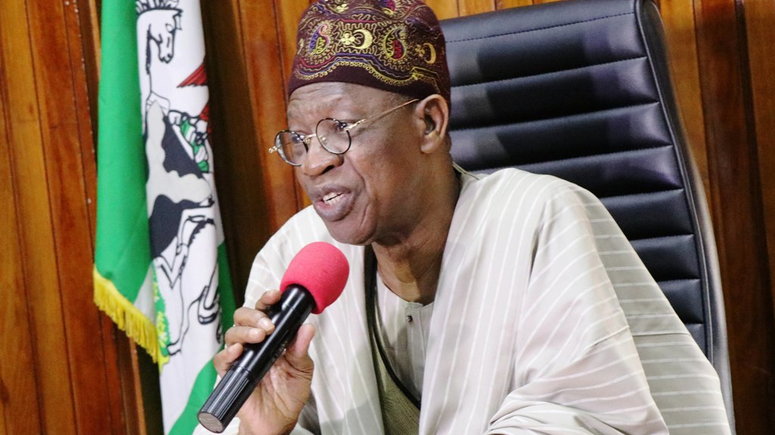Breaking News
Lai Muhammed says Nigeria’s corruption ranking not a true reflection

The Minister of information and culture, Lai Mohammed has criticized Nigeria’s poor rating on the 2020 Corruption Perception Index (CPI) by the Transparency International (TI) and claimed it is not a true reflection of the country’s stance against corruption.
Transparency International, a global movement working to stop corruption in over 100 countries reported that the country recorded its worst rating on Transparency International’s (TI) Corruption Perception Index since 2015.
In the 2020 index released on Thursday, the country scored 25 out of 100 points, dropping to 149 out of the 180 countries surveyed, taking the nation three steps down from the 146 scored in 2019.
Reacting through a statement released on Sunday, Mr Mohammed said the Buhari-led administration has an ongoing anti-corruption campaign and the successes of this campaign was not reflected in the corruption report.
He also pointed at how the government has tackled corruption through unconventional means like the Ease of doing business indices.
“For instance, following the release of the 2019 TI-Corruption Perception Index, the government initiated reforms to improve on Nigeria’s Ease of Doing Business indices,” he said.
“This is because we found that up to 40 percent of the country’s corruption perception survey indices relates to business processes and general public service delivery processes.
“Government’s swift action has led to major reforms in the processes at our ports and business process points. In response to these evaluations, a number of significant policies have been instituted to enhance transparency and accountability, and prevent corruption.
“Even in the middle of the COVID-19 pandemic, a number of key transparency and accountability policies were developed and are currently being implemented.
“While we expect the results from these reforms to speak for us in due course, we are also taking measures to improve our data collection and retrieval on these issues to reduce the current under-reporting of our ongoing corruption reduction measures.”
“After analysing Nigeria’s TI corruption rating, it was observed that some data sources in Nigeria’s scores have remained flat over the past 10 years, reflecting no improvement, decline or fluctuation.
“In this case, the corruption scores would have been affected by changes in the size and structure of the public sector over the past 10 years, changes in policies and personnel and systems over the period including, for instance, process automation, etc.
“There is therefore a need to verify that there is no transposition of figures from year to year due to absence of current data. There is a need to understand why these variations occur, and consequently the robustness of the methodology and validity of data.
“There is a need to understand why scores for this assessment have not been recorded for Nigeria for the past two years, which has had the effect of reducing Nigeria’s cumulative score and ranking relative to countries with those scores included in their CPI for both years.”






